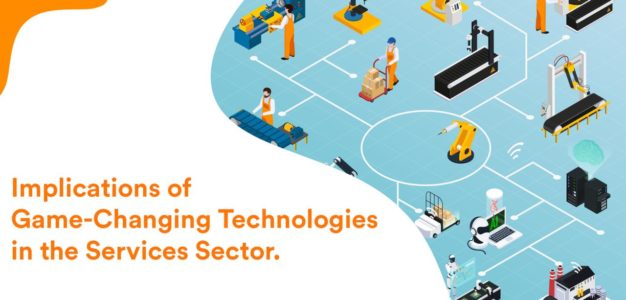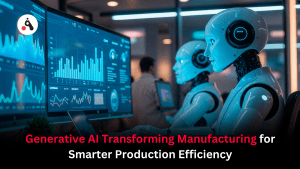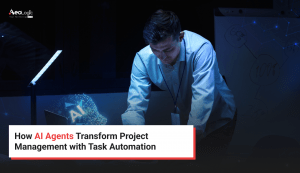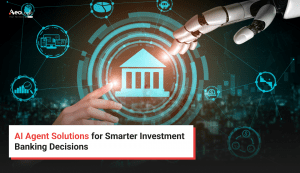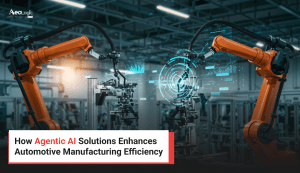There is a difference between disruptive innovation and incremental innovation. How? Improving a candle by adding a wick that burns very slowly, is an example of incremental innovation whereas the process of inventing the electric light bulb is an innocent example of disruptive innovation. This sharp contrast is a clear indicator that technological innovation is constant and ongoing, but from time to time new inventions can floor the way for exclusively new techniques and applications.
India is leading into the transformative age with the ”Rise of the Super consumer” and support of Few advancing transformative technological changes that possess the capacity to remodel and rattle the present services sector- financial services, education, retail, healthcare, public administration, social work, and transport.
It is important to realize that services play a critical role in every economy, i.e. not simply with respect to job production but also since they contribute to the overall economic expansion and improve industrial performance.
Potentially “game-changing” technologies like advanced robotics, artificial intelligence, autonomous transport projects, virtual reality, blockchain, wearable devices and AR will definitely influence these specified areas. Let’s know-How and Why?
Artificial Intelligence and more: UAE and Europe are the first two countries who have massively evolved its technological sector with rising investments and deals in automation, AI, machine learning and big data which are a result of their flourishing the start-up landscape. How is India progressing?
India is furthering a community ecosystem in order to enhance AI capabilities and the next wave of talent development. NITI Aayog, also known as the India think tank has recently partnered with global tech incumbents to usher in a new AI era in India. Few of the collaborations:
- NITI Aayog and the Google partnership-To collaborate and develop AI-based solutions in order to increase the overall economic productivity of India.
- NITI Aayog and the ABB partnership to leverage AI and IoT or Internet of Things to digitize sectors
- NITI Aayog and the Microsoft partnership to advantage from AI and transform the agriculture and healthcare sectors by enhancing the crop yield.
Robotic Process Automation: Coupling with Artificial Intelligence in order to set the foundation for “intelligent automation” across all business operations. Why RPA?
The implementation of Robotic Process Automation has opened channels for companies to further optimize costs and free up certain resources in order to better focus on value further improvising business functions. Considering markets grow and technology changes, RPA allows organizations to react immediately, without the obligation to rearrange a significant IT project or generate new interfaces.
Virtual and augmented reality and Blockchain: Blockchain has been the harbinger of trust due to its rule of decentralization and assurance of autonomy. Virtual Reality, on the other hand, has brought authenticity to education due to immersive experience.
Blockchain adoption curve industry-wise:
- Media and Telecom
- Retail, Consumer Goods
- Financial Services, Exchanges
- Healthcare
- Public Sector
- Manufacturing, P&U
How AEOLogic contributes to India’s traversing economy with these transformative technologies? These relatively nascent technologies -Blockchain, AI and Robotics has a huge potential to grow in India as they bring benefits across all industries. But this can only be achieved when a structured approach is fabricated that will span across governance, policy formulations, technology ecosystem expansion, upskilling and reskilling talent along with decided and dedicated digital budget allocations and private or public investments. AEOlogic helps Government and private companies in strategizing, scaling and implementing all these game-changing technologies in areas where both economic growth and ease of work is fulfilled.

Manoj Kumar is a seasoned Digital Marketing Manager and passionate Tech Blogger with deep expertise in SEO, AI trends, and emerging digital technologies. He writes about innovative solutions that drive growth and transformation across industry.
Featured on – YOURSTORY | TECHSLING | ELEARNINGINDUSTRY | DATASCIENCECENTRAL | TIMESOFINDIA | MEDIUM | DATAFLOQ

